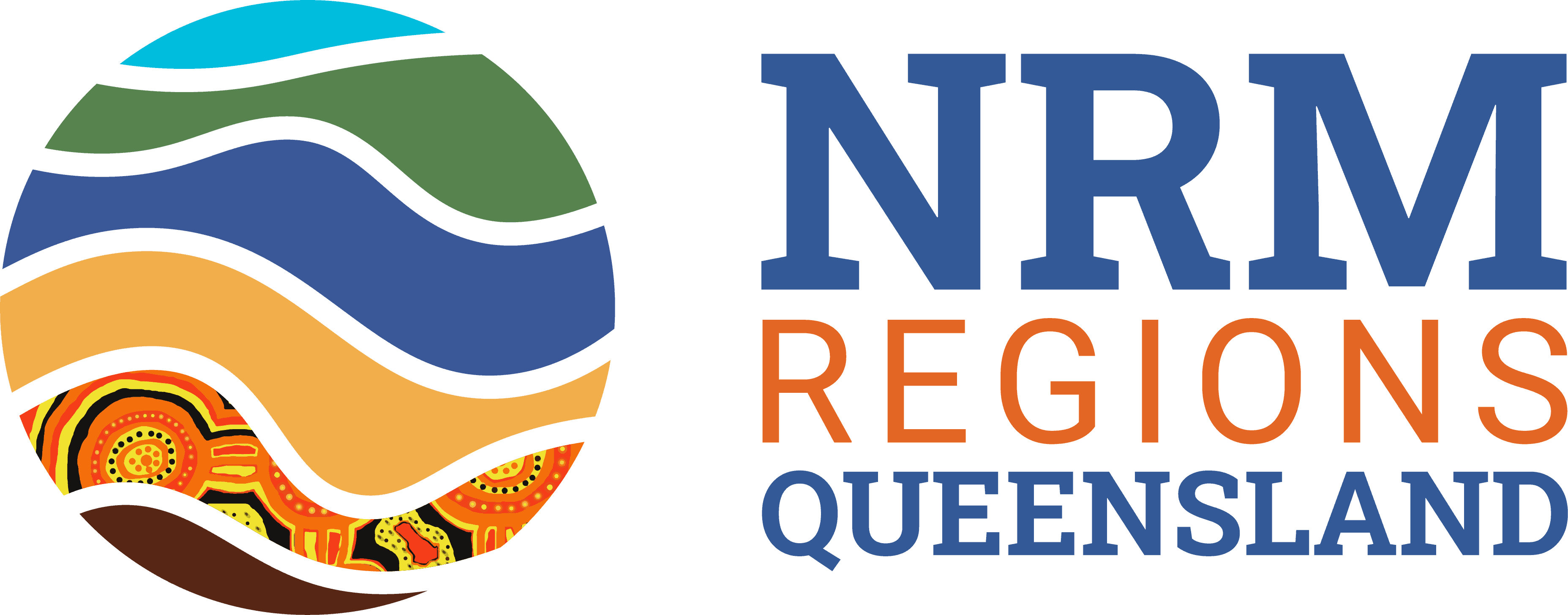Halting the decline of Queensland’s threatened species
Investment required:
$32.8 million over four years
Queensland is widely considered a global biodiversity hotspot and is home to more than half of Australia’s native species. Some of these species are found nowhere else in the world. Yet more than 1000 of these plants and animals are listed as threatened with numbers growing year-on-year.
Without intervention, some of our most precious plants and animals are at risk of extinction. Natural events such as cyclones, floods, droughts and fire contribute to the decline of our native plants and animals and we know that these threats are already being exacerbated due to climate change. Other human-induced threats such as habitat clearing, pollution and introduced species also have a significant impact.
We must halt the decline of our threatened species if we are to sustain our food security, keep waterways healthy, grow tourism, protect human health and give our landscapes the best chance at adapting to a rapidly changing climate.
What we’re proposing
11 First Nations groups engaged
27 threatened animal species
16 threatened plant species
10 threatened regional ecosystems and bioregions
8 nationally important wetlands
Our Actions
- Citizen scientist nest-monitoring of six of the world’s seven marine turtle species, three of which are Vulnerable or Endangered.
- Enhancing and protecting endangered Brigalow and Poplar Box on private property and Nature Refuges, improving habitat for ornamental snakes and koalas.
- Training Indigenous Rangers and supporting Traditional Owners to expand ranger programs in iconic ecosystems.
- Restoring the ecological value of the springs of the Great Artesian Basin –threatened ecological communities with significant Cultural value to Traditional Owners.
- Describe regional ecosystems of the Gulf of Carpentaria for the first time, and improve resilience to future biodiversity threats, including across 8 nationally significant wetlands.
- Facilitating First Nations people to exercise cultural responsibilities for caring for Koala Country, including support for Treaty and Truth telling and engaging tourists as citizen scientists.
- Piloting the Cassowary Credit Scheme in the Wet Tropics and regenerating strategically important forests alongside Traditional Owners.
- Improving land management over 1000ha of Koala habitat through property planning and fire management.
